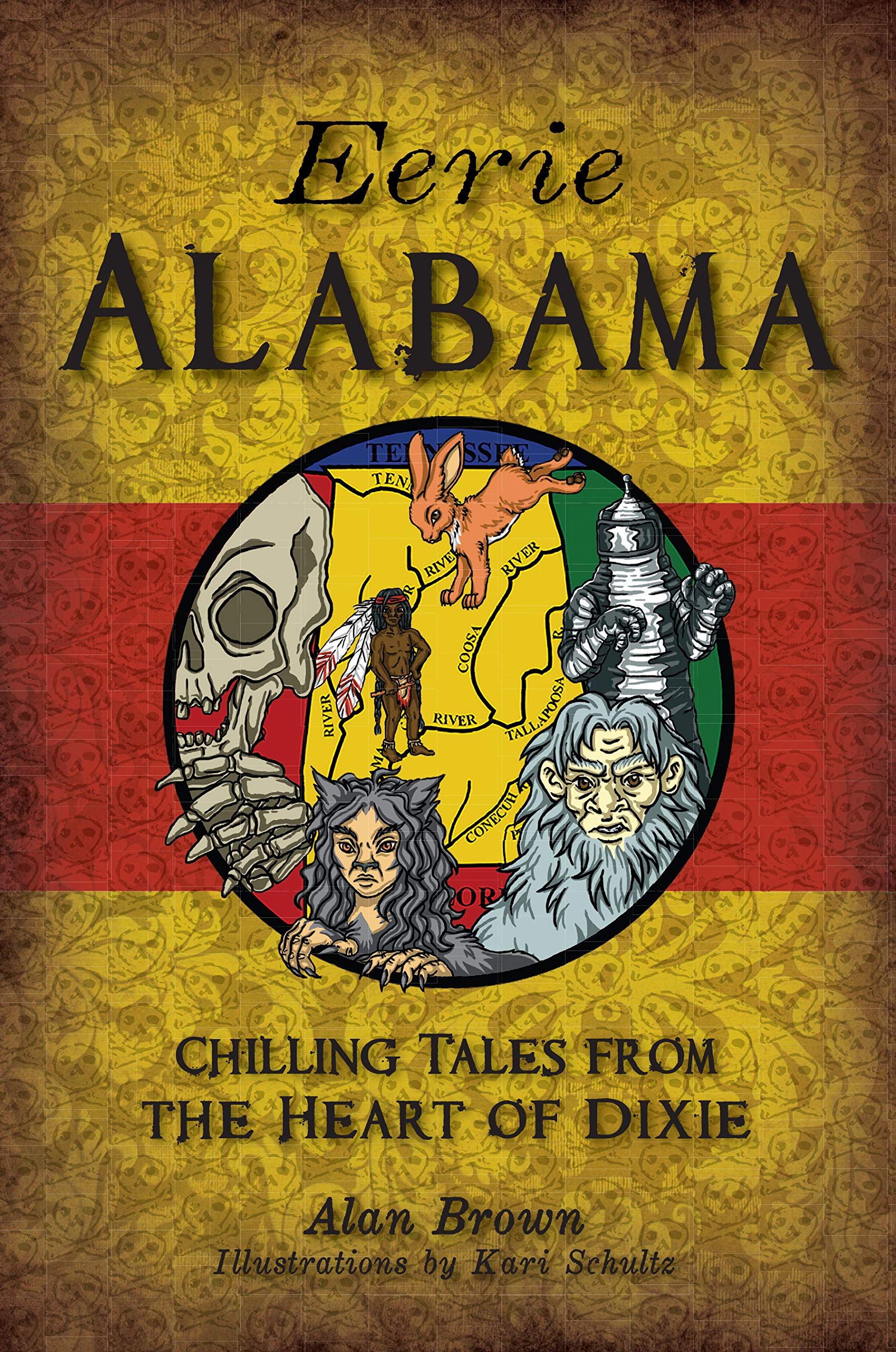The Baker-Peters Jazz Club was built in 1840 by Dr. James Harvey Baker in the center of a large farm in West Knox County. No one really knows which side Dr. Baker allied himself with during the Civil War. Some people believe that he preferred to remain neutral, but the fact that his son Abner fought for the South suggests that his sympathies really lay with the South. In the late 1800s, following the death of Dr. Baker and Abner, the old house was sold to the George Peters family. Today, the old Baker home is the Baker-Peters Jazz Club, an up-scale restaurant where customers can dine on fresh seafood or aged Angus beef while enjoying live jazz. However, many people believe that the main attraction at the Baker Peters Jazz Club has been dead for over a century.
In June 1863, Dr. Baker was in his yard when a Federal soldier rode up and accused him of harboring Confederate soldiers in his house. According to an article that appeared in the Knoxville Daily Register on June 23, 1863, Dr. Baker and the soldier pulled their guns and fired at each other. Dr. Baker ran inside his house while the soldier and several of his cohorts began firing through the windows on both sides. They demanded that the Confederate soldiers inside the house surrender. Dr. Baker went to one of the windows and shouted down to the soldiers that he would surrender if they would cease firing. However, the Union soldiers began to shoot at him as soon as he stuck his head through the window, so he drew his pistol and fired back. The soldiers then ran to the front of the house and smashed open the lower doors. Once inside the house, they began firing through the ceiling of the room where they thought the Bakers were hiding. Mrs. Baker came out of the room and told the soldiers that her husband would surrender if they promised not to shoot him when he walked through the door. The angry soldiers threatened to shoot Mrs. Baker if she did not move away from the door. Dr. Baker then appeared in the doorway and pulled his wife into the room. The Yankees immediately fired a volley at Dr. Baker, inflicting two mortal wounds. As he fell to the floor, Dr. Baker said to his wife, “They have killed me!” Pushing his wife aside, the soldiers proceeded to jab the muzzle of a gun in Dr. Baker’s mouth, to run a bayonet through his cheek, and to strike him in the head. After 22-year-old Abner Baker returned from the War and discovered that his father had been brutally killed in his own home, he shot and killed the man who had informed on his father, Knoxville Postmaster William Hall. Abner was arrested, but on September 4, 1865, an angry mob removed the young man from his jail cell and hanged him.
Abner’s physical remains lie in the Presbyterian Church cemetery, but many staff members and customers believe that his spirit and maybe the spirits of other members of his family have come home to the Baker-Peters Jazz Club. Poltergeist activity such as ghostly laughter, strange noises, and lights that turn on by themselves has been reported over the years. Hanging in the downstairs hall is a photograph of a blurred figure in an antebellum dress in an upstairs window. The assistant manger of the jazz club, Bob Wilson says that one day, he was working in his office when he heard a voice calling his name. The voice seemed to be coming from his computer, which does not have a sound chip.
On October 1-2, 2005,two members of the Alternate Realties Center, Stacey Allen McGee and Michael Combs, conducted an investigation of the Baker-Peters Jazz Club. While they were there, the group took photographs of several orbs. They also captured the image of the head and torso of a man in 19th century clothing. Using copper divining rods, Stacey and Michael asked “yes-no” questions of the entities. Stacey encouraged a ghost that called itself “Abner” to go to the light. They also contacted the spirits of a female servant and someone who visited the house years ago.
Like many haunted restaurants, the Baker-Peters Jazz Club has accepted its ghostly inhabitant. The jazz club even promotes its ghost on its Web site. Ghosts, it seems, can do more than simply terrify witnesses. They can be good for business.



Recent Comments